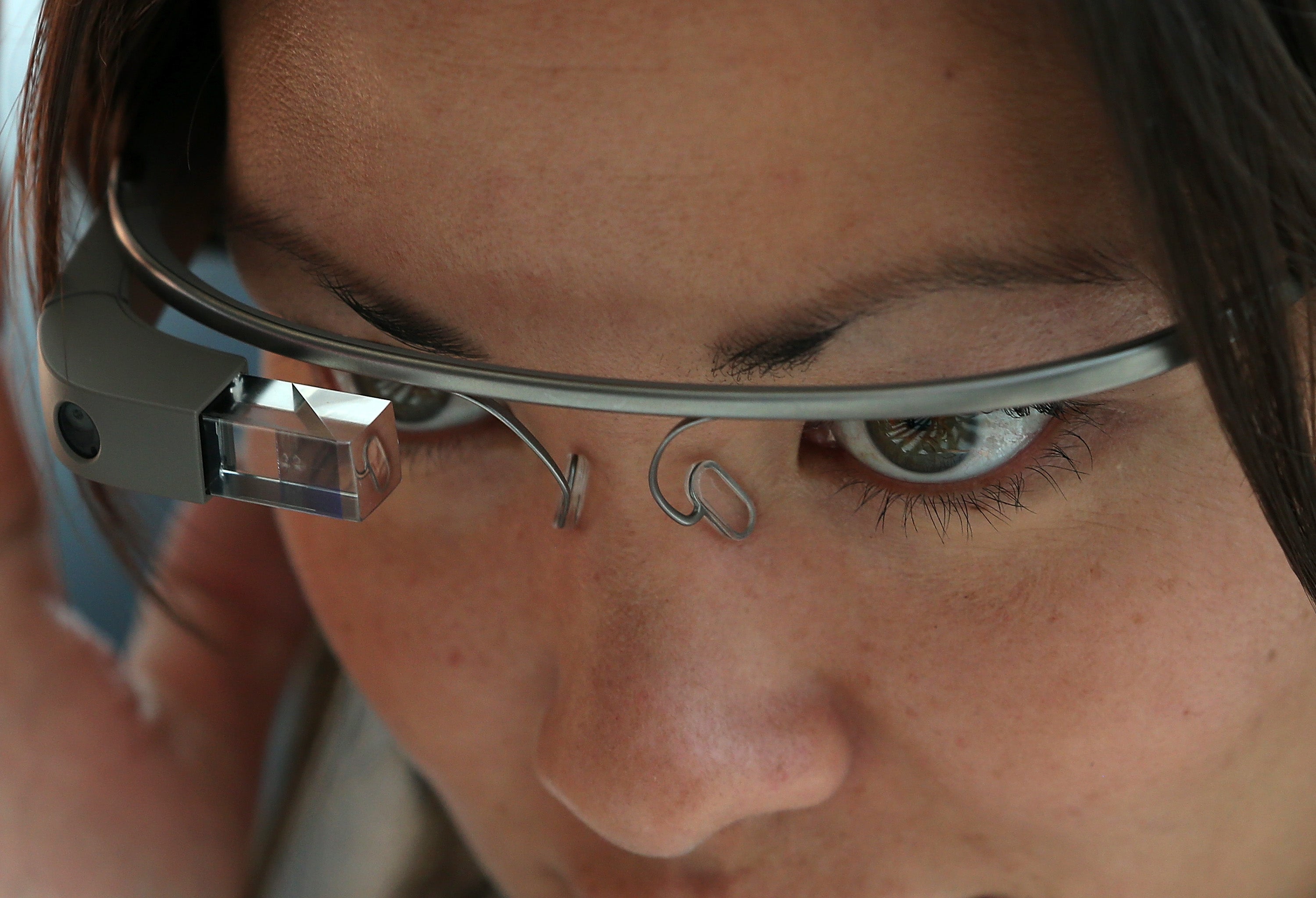OK Glass: The story behind Google's 'hotword' and the rejected alternatives
'OK Glass' chosen as it denotes 'approval, acceptance, agreement, assent, or acknowledgement'

If you’ve seen a video of anyone using Google Glass then you’ll know the ‘hot word’ that the search giant are trying to make synonymous with the device: ‘OK Glass’. Saying this brings the product to life, and can be followed by commands to take a picture, start recording video or search the web.
However, it seems that ‘OK Glass’ was not an immediately obvious proposition as Amanda Rosenberg – the marketing manager for Glass – has revealed in a blog-post how the hot word came about and what the other choices mooted by the Glass team were.
The list of rejected suggestions is as follows:
- Listen up Glass
- Hear me now
- Let me use Glass to
- Go Go Glass
- Clap on
- Device, please
- 3, 2, 1...
- Glassicus
- Glass alive
- Pew pew pew
Now, it’s easy to see why most of these didn’t make the grade (‘Glassicus’ makes you sound like an anachronistic Roman-age LARPer whilst ‘hear me now’ is best left to hype men) but others seem perfectly logical – ‘pew pew pew’ is particularly sobering reminder of the greatness that could have been.
‘OK Glass’ itself was coined by Rosenberg after being questioned over dinner by Glass Product Manager Mat Balez. She claims at that time it was just “the only phrase I could think of” but a subsequent email reveals a well-thought out (if retrospectively applied) justification:
“’OK’ – the most frequently used word on the planet. Denotes approval, acceptance, agreement, assent, or acknowledgement, but it also a frequent expression used for transitions in conversation.”
The idea of the phrase being ‘transitional’ seems revealing – although the accessibility and always-on qualities of Glass make it seem like a ‘frictionless’ gadget in terms of its use, it seems smart to remind users - if somewhat subtly - that using Glass is an aside to life, and not life itself.
Subscribe to Independent Premium to bookmark this article
Want to bookmark your favourite articles and stories to read or reference later? Start your Independent Premium subscription today.

Join our commenting forum
Join thought-provoking conversations, follow other Independent readers and see their replies